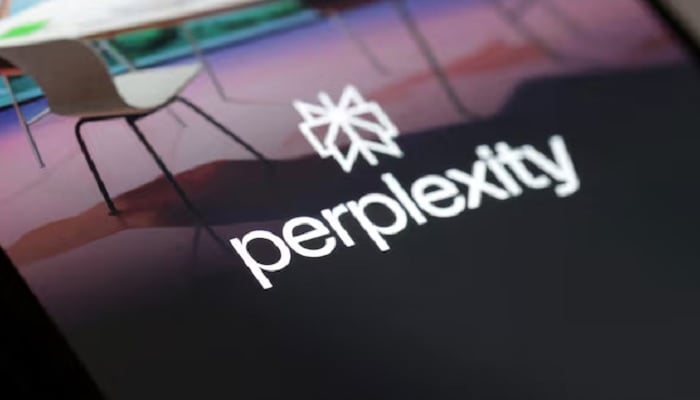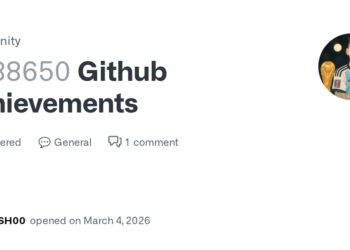Select Language:
Perplexity AI submitted a $34.5 billion offer to Google on Tuesday to acquire its widely used Chrome web browser, a move that might be mandated by antitrust actions. This proposed amount is nearly double the startup’s recent valuation, which was approximately $18 billion during a recent funding round.
Aravind Srinivas, CEO of Perplexity, stated in the letter—obtained by AFP—that the bid aims to meet antitrust remedies in the public’s best interest by placing Chrome under the control of a capable, independent operator committed to continuity, transparency, and consumer protection.
Currently, a US District Court judge, Amit Mehta, is reviewing potential remedies after last year’s decision that found Google maintained an unlawful monopoly in online search. The U.S. government attorneys have called for Google to divest its Chrome browser, warning that AI advancements could further cement the company’s dominance across online services.
Google has urged the judge to reject such divestment, with a decision expected by month’s end. In response to inquiries, Google declined to comment immediately.
Meanwhile, analysts at Baird Equity Research consider Perplexity’s offer to undervalue Chrome significantly and believe it shouldn’t be taken seriously. They suggest that, since Perplexity already offers a competing browser, the company might be trying to sway other bidders or influence the antitrust proceedings.
Either way, the analysts think Perplexity would see an independent or non-Google-affiliated Chrome as advantageous for increasing its share in the browser market.
Google argues that the U.S. courts are exceeding the scope of the lawsuit by suggesting Chrome be spun off, and they have not ruled out forcing the sale of their Android operating system. Jennifer Huddleston, a senior fellow at the Cato Institute, emphasized that forcing a Chrome sale or banning default agreements could hamper innovation, harm smaller competitors, and leave consumers with inferior products.
Google’s attorney, John Schmidtlein, highlighted that over 80% of Chrome users are outside the U.S., suggesting that a forced divestiture would have worldwide implications. He warned that any such move would result in a shadow of the current Chrome, making it less effective and less beneficial for users.
The potential weakening or separation of Chrome coincides with competitive efforts from companies like Microsoft, ChatGPT, and Perplexity, which are leveraging generative AI to access and deliver internet information in response to user requests. Google itself is heavily investing in artificial intelligence, integrating the technology into search functions and other online services.






